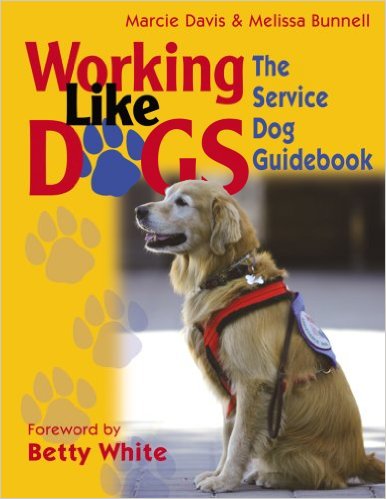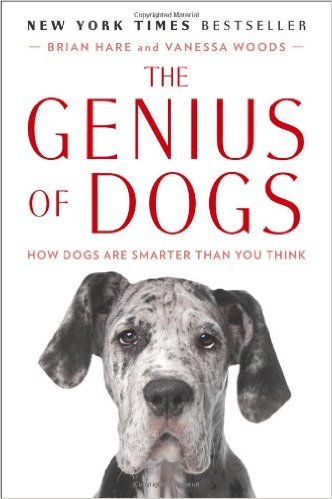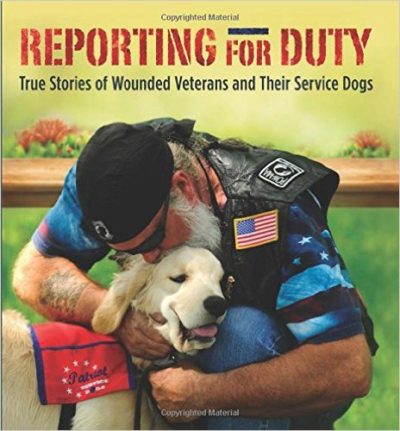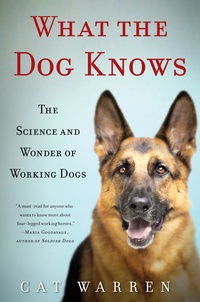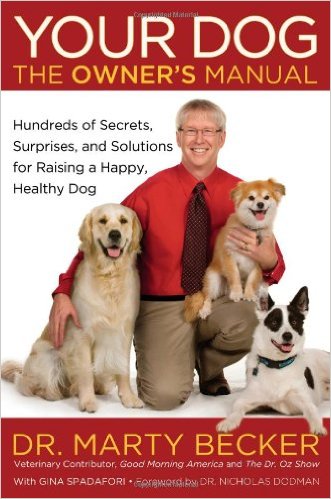
Throughout the years, I have continually strived to give my service dogs the best possible care that I can provide for them both physically and financially. As I hear more and more about the importance of eating a healthy diet, I have tried to share that philosophy with my service dogs. I know we are buying more and more products at the grocery store that are labeled as “organic”. But are dog foods really organic or is it just another marketing ploy?
From what I can gather, organic means no artificial preservatives, flavorings or fillers. Should I be buying “organic” dog food for my service dog, Whistle? I have heard that there are lots of benefits of feeding him an organic diet such as: it is more natural and contains less additives thus providing him with a higher quality of food that can work to reduce skin ailments and allergies, the food should be able to help him maintain a healthier weight, and organic food should ultimately help him live and work longer. But, is that true? When it comes to “organic” food, which foods are the best? Which ones are the highest quality and the most economical? Are they 100% organic or partially organic?
When I think of organic, I typically see dollar signs. Most organic foods are significantly higher in price than non-organic foods. And, when shopping for organic dog food, I have had the same experience. The foods are higher priced and usually must be purchased from a specialty dog store. That is changing and chain stores are stocking organic foods as the demand for “organic” dog foods increases from consumers.
Whistle is my third service dog and he has been eating a traditional type dog food since his birth. As I see the brand that he eats on the grocery store shelf, I question its contents. Should I be feeding him a higher quality “organic” dog food? And, if so, which one? And what does “organic” really mean? Does it mean raw-food?
I actually tried a raw-food diet on my second service dog, Morgan. He loved the fresh meat and eggs and other natural vegetables; however; he began developing severe gas which turned into serious intestinal and allergy issues. He was on the raw diet for about a year and I don’t know if the raw diet played into his particular medical situation but I do know that there were some drawbacks from feeding my service dog a raw diet.
It was difficult to travel and maintain his raw diet plus the cost of the raw food was taxing on my household budget. I was forced to discontinue the raw diet because of the escalation of Morgan’s debilitating allergies. Now, he can only eat an expensive, prescription rabbit and potato dry food that must be ordered through an online vet pharmacy with a prescription. I even tried giving him the rabbit and potato wet food and he reacted very negatively to it. I immediately had to go back to the rabbit and potato dry food diet only.
Whistle, on the other hand, is a healthy four year old. He’s been on a traditional dog food his entire life. I feel like I should be feeding him a higher quality food but I just don’t know where to turn. The market is inundated with different brands of dog foods at multiple dog specialty stores in town. As a long time dog handler, I am overwhelmed with the choices and perplexed at which brand is really the best for Whistle’s long-term health.
I asked my vet what he would recommend and he didn’t have any clear recommendations. He seemed to be as overwhelmed by that question as I have been. So, every time I purchase a bag of Whistle’s traditional dog food, I get a small bag with the hope that I will discover the perfectly formulated organic dog food thus transitioning him to a new food that will carry him long into a healthy retirement. I bought another small bag of his traditional dog food yesterday with the same hope of finding that perfect dog food before he consumes this latest bag. I will let you know if he finishes the bag or if I finally find an organic replacement.

